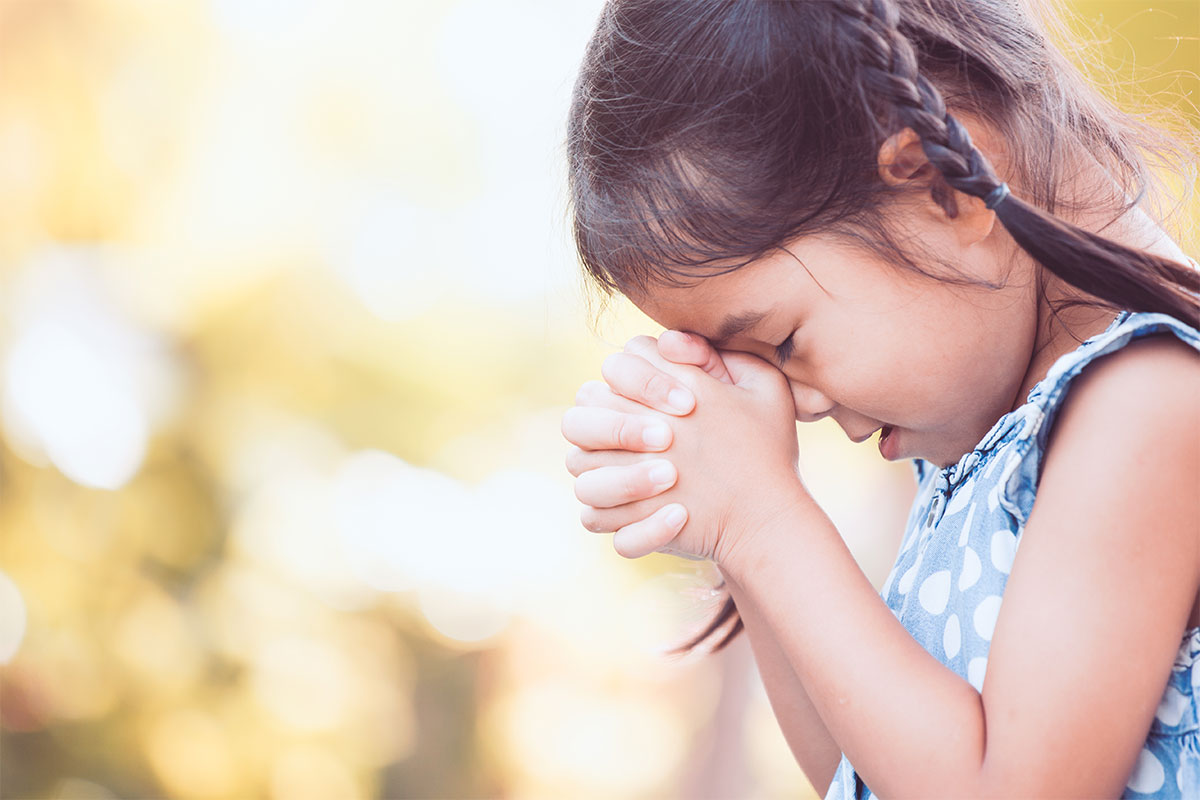Air quality and your lungs: What is poor air quality and why does it matter?
Sep 14, 2022

You may have seen the warnings on your weather app: “poor air quality for sensitive groups.” But what does poor air quality even mean? And who is a sensitive group? Dr. Gregory Burt, internal medicine doctor with Adventist Health, explains how air quality affects our lungs, who is in a sensitive group and what to do when you see those weather app warnings.
Understanding air quality
First, several factors affect air quality. These factors may vary based on time of year and where you live. If you see a warning about poor air quality, it may mean there are increases in:
- Smoke, such as during wildfires
- Agricultural pollution
- Industrial pollution
- Exhaust and smog from automobiles
- Wind, dust and pollen
- Mold and spores, particularly in the winter months
“Poor air quality really has to do with the fine particulate matter suspended in the air,” Dr. Burt explains. “In other words, when you inhale dust or smoke, small bits of those substances can get deep down in your lungs and into your smaller airways.” This can cause irritation and lead to coughing, wheezing or difficulty breathing.
Who is in a sensitive group?
When air quality warnings are directed to “sensitive groups,” it includes anyone with underlying respiratory conditions. You might be in a sensitive group if you:
- Have asthma
- Have chronic obstructive pulmonary disease (COPD) or emphysema
- Smoke
There is not enough data yet about the long-term effects of a COVID-19 infection, particularly for those who have had severe infections or have been hospitalized with pneumonia. In general, if you have had severe or repeat respiratory infections that have led to lung damage, you may also notice a difference in your breathing when air quality is poor.
What should I do on poor air quality days?
Particularly if you are in a sensitive group, try to avoid strenuous outdoor activities on poor air quality days. You may also consider running errands or leaving the house earlier in the day when air quality tends to be better.
"In many cases, face coverings can filter out some of that fine particulate matter that can irritate your lungs," Dr. Burt explains. He notes that it’s important to choose a face covering of an appropriate size and thickness. “As a rule of thumb: if you hold your cloth mask up to the light and can see your hand through it, the material is too thin.”
What else do I need to know if I have asthma?
If you have asthma, it’s important to work with your primary care provider to create an asthma action plan. This plan outlines exactly what steps you should take if you notice an increase in your asthma symptoms.
“A peak flow meter is a simple and useful tool to gauge how well your asthma is being controlled,” Dr. Burt explains. A peak flow meter is a small plastic tube that you blow into. The reading on the meter measures how much air you can expel, which gives you information about how efficiently your lungs are functioning. “If you see a decline in your response after exposure to dust or pollution, for example, it can be a clue to contact your provider or adjust your medications,” Dr. Burt says. When you have an action plan, you can also make outlined adjustments to your medicines based on your air output.
If you need help managing asthma or another respiratory condition, find a healthcare provider near you.


